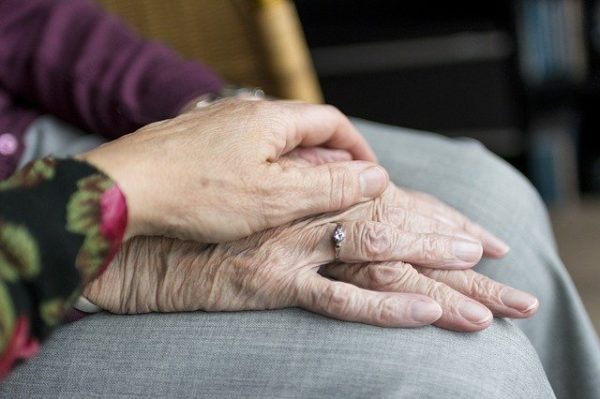Time can move so quickly that you don’t really notice older relatives aging and then suddenly one day it finally hits you. Whether it’s your parents, an aunt, or an uncle, you may want to help them in any way that you can. If you notice any physical or mental changes in them, it’s best to act now. There are signs you should look out for, and there are ways you can help your loved one by making sure they receive the proper care that they need. Keep reading to find out how.
Signs to look out for
When a loved one begins to change either physically or mentally it’s likely to happen over time, but there are a few signs you can look out for. These are:
- They need reminding of close relative’s names
- They are unsteady on their feet
- They forget where rooms are
- They wander to unusual places at unusual times
- They don’t seem happy or as talkative anymore
Talking to your loved one
As these warning signs can happen over time, your loved one may not recognize any changes within themselves or none that would raise any concerns at least. It could be that they still think of themselves as young so it can be hard for them to accept. Tread carefully when approaching the subject as you don’t want to upset them. It could be that they have noticed some changes but they didn’t want to bother the family. You need to remember that your loved one may be afraid to give up their independence and they may not be ready for that. Try to explain your concerns to them and discuss what options are available to them.
What options are available?
Depending on the circumstances and the level of care your loved one needs, you have a few options available when it comes to finding the right support.
You or a family member provide the care
You or another family member may be able to provide the care for your loved one. Caregivers can get paid and will be responsible for cooking, cleaning, and shopping. You may need to help dress, bathe, and take your loved one out, as well as manage their bills and any medication they need.
Hiring an in-home caregiver
If you or your family have other commitments and are unable to provide the level of care that your loved one needs, then you can hire an in-home caregiver. It will need to be someone who they get along with and who can do a great job in ensuring the level of care is the absolute best.
Finding your loved one a residential home
Your loved one may need a level of care that can only be provided in a residential home setting. A place where they will be looked after 24/7 by professionals. This can be daunting for both you and your loved one, and it can be upsetting for them having to move from the home they know and love into a new place of accommodation. But there will be caregivers there all the time to help support them with personal care such as eating, dressing, washing, going to the toilet, and making sure they take their medication.
How to find a good care home
Your loved one’s residential home should be a happy and comfortable place for them to live. Finding a suitable care home can be harder than you think, and you’ll want to make sure that they give your loved one all the care they need. There are times when people have placed loved ones into care where abuse has taken place, resulting in a nursing home abuse lawyer having to step in. Try to find the most recent inspection report for the residential home if you can.
Here are a few things to bear in mind when finding the right care home:
- Does the residential home provide the right level of care and support?
- Can family and friends get there easily?
- Are there any restrictions on visiting hours?
- Is it clean inside and outside?
- Are residents encouraged to stay active?
- Do the other residents seem happy there?
- How are staff trained?
If you have any concerns over how your loved one will be treated at a residential home, speak to the staff or the manager who may be able to assist with any queries you have. The most important thing is that your loved one receives the right care for them; whether it’s provided by you, another family member, an in-house caregiver, or professional residential home.





